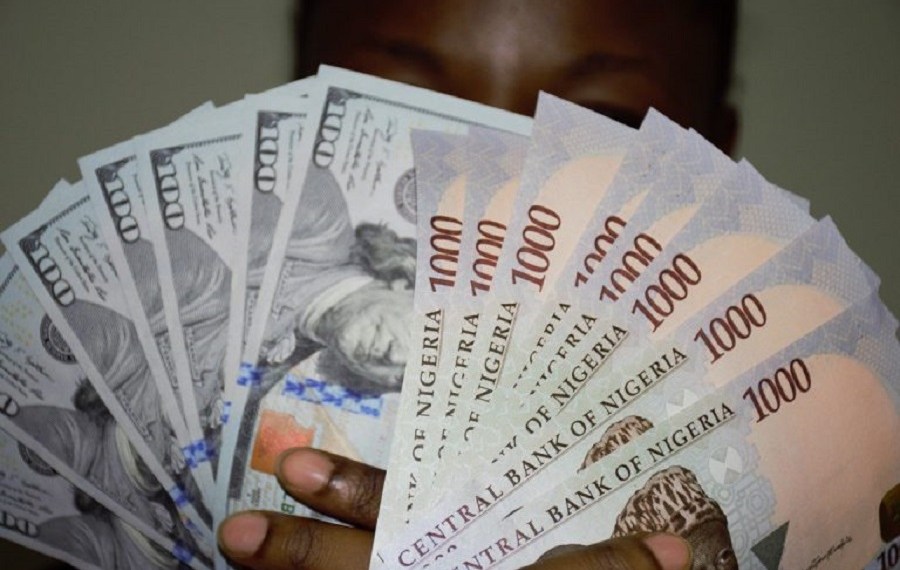
Aboki Naira To Dollar Black Market Rate Today 13th October 2024
In the financial undercurrents of Nigeria’s capital city, Lagos, and other key regions like Abuja, the black market for foreign exchange, commonly known as the parallel market or “Aboki FX,” continues to be a focal point for economic activity. It reflects the real-time valuation of the Nigerian Naira against the US Dollar outside of the Central Bank of Nigeria’s (CBN) official rates.
Today, on Sunday, October 13, 2024, the black market has witnessed a stabilization in rates, with the dollar trading at approximately ₦1690 for buying and slightly higher at ₦1700 for selling. This rate represents a marginal fluctuation from recent trends, indicating a steady but volatile market influenced by several factors, including government policies, economic stability perceptions, and global economic conditions.
Trending Now!!:
Market Analysis
- Buying Rate: Traders in the black market are currently buying the US Dollar at around ₦1690. This rate shows a slight depreciation of the Naira from previous days, suggesting a higher demand for the dollar, which could be attributed to forthcoming economic activities or speculation within the market.
- Selling Rate: The selling rate stands at ₦1700 per dollar, indicating a small spread between buying and selling, which might reflect moderate market liquidity or perhaps an effort to attract more dollar sellers to the market.
The black market rate differs significantly from the CBN’s official rate, which today stands at ₦1625 for buying and ₦1626 for selling. This discrepancy underscores the ongoing challenge of currency devaluation in Nigeria, where the black market often serves as a more immediate barometer of economic health due to its sensitivity to real-time supply and demand dynamics.
Economic Implications
The persistent gap between the official and black market rates continues to fuel debates on monetary policy, with critics arguing that this disparity encourages capital flight and undermines the Naira’s value. Conversely, supporters of the current system point towards the complexities of Nigeria’s economic landscape, including oil revenue fluctuations and the need for a managed float to stabilize the economy against external shocks.
Public Sentiment
Users have been actively discussing these rates, with sentiments ranging from frustration over the Naira’s depreciation to speculation on future economic policies that might narrow this gap. There’s a noticeable interest in how these rates affect everyday commodities, especially in light of recent fuel price adjustments where the Nigerian National Petroleum Company Limited (NNPCL) increased pump prices, reflecting the economic pressures felt at various consumer levels.
Conclusion
The black market exchange rate today poignantly reminds us of Nigeria’s economic challenges and the resilience of its informal financial systems. As of October 13, 2024, while the Naira’s value against the Dollar shows slight movement, the broader implications on policy, inflation, and public trust in the currency’s stability remain topics of intense discussion and action within economic circles and social platforms.


